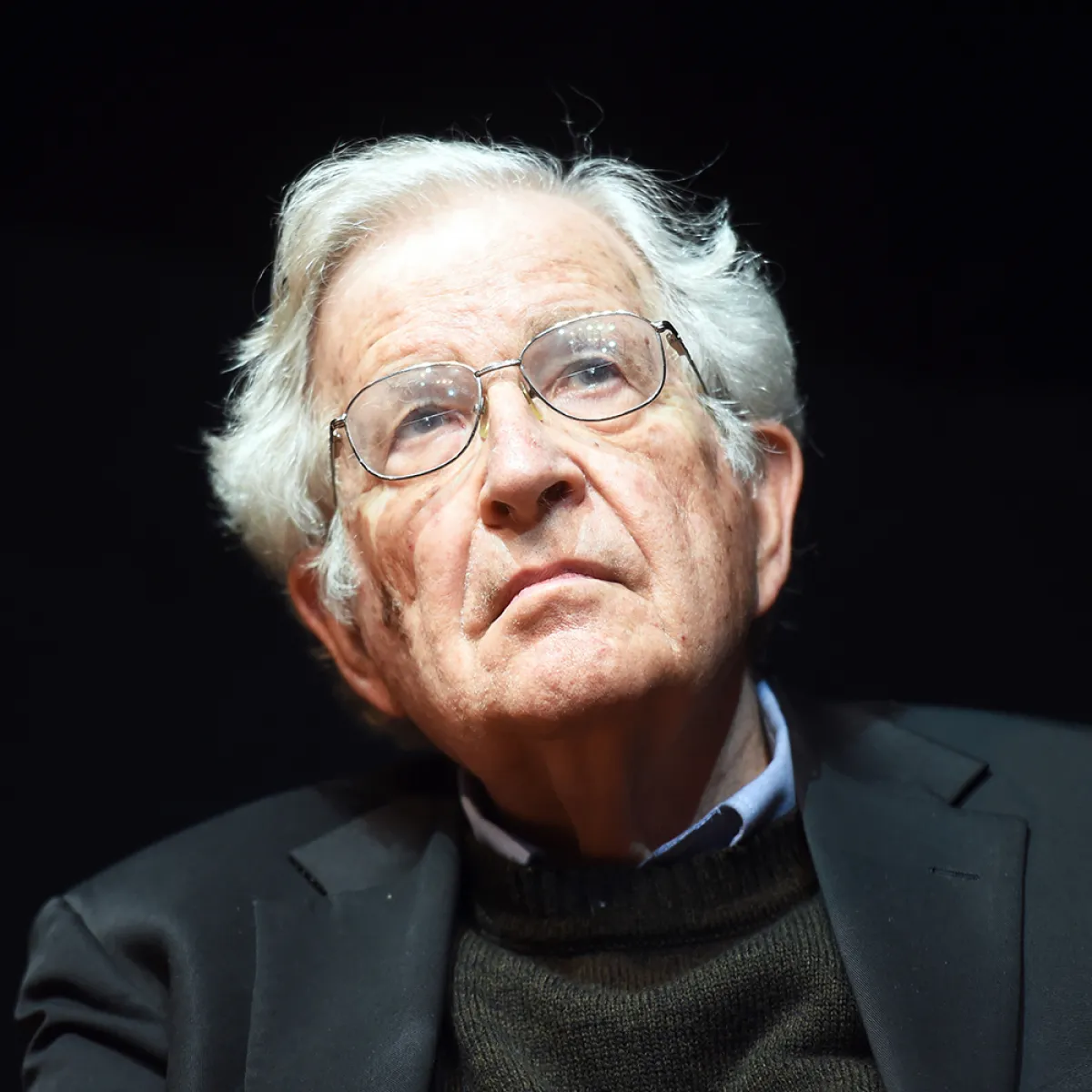This essay was originally intended for The New York Times.
I’ve always been a fan of Michael Jackson. I wasn’t alone. Bob Geldof famously said that, ’When Michael Jackson sings it is with the voice of angels, and when his feet move, you can see God dancing.’ [1] However, after the documentary, I, like many others, have been forced to ask myself: should I continue listening? It seems like everything and everyone from newspapers and blogs to friends and family have been asking whether we can separate Michael Jackson the man from Michael Jackson the music. The problem is we are the cultural children of a theory that won’t allow us to even engage in the debate. You see we have been told for over seventy years that the artist has no say in what his or her work means.
Back in the 19th century Romanticism elevated the author as a god of the work but certain things began to chip away at this autocracy. Colin Lyas, author of Aesthetics argued that the Battle of the Somme in 1916 destroyed the optimism of Humanism that had been the foundation of the Enlightenment.[2] The dead and wounded were mere numbers. He goes on to argue that this dehumanising was the beginning of a distancing of the human author from a work of art. Then, a year after the world discovered the gruesome extent of Hitler’s Final Solution, the New Critics Wimsatt and Beardsley penned the Intentional Fallacy[3] claiming that the author’s intention- even if fully known- is not relevant to the work’s meaning. Fast forward twenty years and the Paris student riots of 1968 brought a suspicion of authority. One such authority was the author’s control over a work. The author influence began to be seen as tyrannical and French semiotician and philosopher Roland Barthes wrote the seminal ‘Death of the author’ in 1967. In it he famously proclaimed the author’s demise and the birth of the viewer.[4] The essay was followed hot on its heels by French philosopher Michel Foucault’s ’Qu’est-ce qu’un auteur?’[5] and the balance of exegetical power was clearly residing in the reader’s camp. Jacques Derrida arrived to the hermeneutical party and pushed the boat further out by arguing that all meaning is deferred and that a work always has more than one possible meaning.[6] In sum, to many post-structuralists cutting off the work from the author was seen to ‘free it’ and give birth to the viewer to interpret whatever way they felt.
The problem was it doesn’t work and it never did. You see even those persuaded by the theory were discomforted that Martin Heidegger (seen as a father figure for post-structuralism) wrote several pro-Nazi essays in his Black Notebooks. [7] Should we re-evaluate his work now we know more about the mind that produced it? Even the very advocates for separating author and work were not immune to inconsistencies. Incensed by a critical essay about his interpretation of Austin, Derrida once wrote an essay entitled ‘Limited Inc a b c…’ to Professor John Searle saying that Searle had misunderstood his theories and his theories should have been understood by him.[8] More than one possible meaning indeed, Derrida.
So the problem is old. So what do we make of the situation we find ourselves in? As a musical author, does Michael Jackson’s life have any repercussions on his work? Did what he intend the work to mean make a difference? Do we continue listening to Michael Jackson or not? If the author is dead, then we have no debate. The irony is that a theory that promised the birth of the reader/listener has removed our ability to engage at all. Enjoy the music in the knowledge that the artist is unrelated to it. Let each song mean what as a listener you want it to mean. Well, regardless of whether these allegations are true, I think we need a better theory that argues that authorship matters.
This is where Intentism comes in. The art movement I belong to believes that all meaning is the imperfect outworking of intention. We consider that what was going on inside a creator’s head when he or she was making art does relate to the work’s meaning.[9] In sum, I can’t tell you whether you should listen to Michael Jackson. But we do need another hermeneutical model that at least gives us the ability to discuss it.
Vittorio Pelosi is a fine artist and founder of Intentism www.intentism.com
[1] Bob Geldof at the Brit Awards 1996. https://uk.reuters.com/article/britain-brits-quotes-idUKGRI44996020080214 accessed 15/3/2019
[2] https://www.youtube.com/watch?v=zhPHDZ3lClU accessed 15/3/2019
[3] https://www.dictionary.com/browse/intentional-fallacy accessed 15/3/2019
[4] https://www.theguardian.com/books/booksblog/2010/jan/13/death-of-the-authoraccessed 15/3/2019
[5]https://www.open.edu/openlearn/ocw/pluginfile.php/624849/mod_resource/content/1/a840_1_michel_foucault.pdf accessed 15/3/2019
[6] https://www.iep.utm.edu/derrida/ accessed 15/3/2019
[7] https://www.theguardian.com/books/2014/mar/13/martin-heidegger-black-notebooks-reveal-nazi-ideology-antisemitism accessed 15/3/2019
[8] http://lab404.com/misc/ltdinc.pdf accessed 15/3/2019
[9]http://www.culturewars.org.uk/index.php/site/article/intentism_the_resurrection_of_the_author/ accessed 15/3/2019


